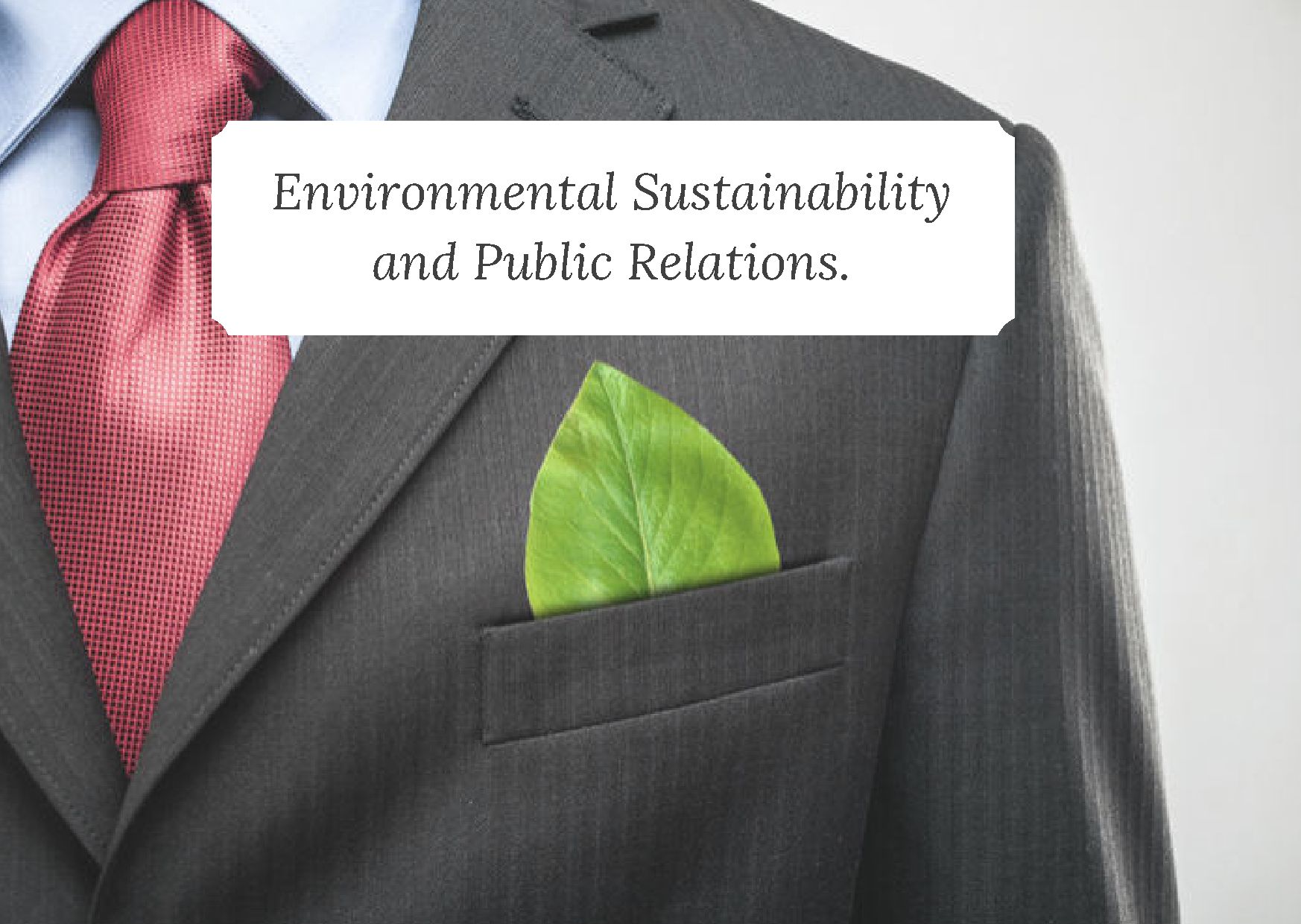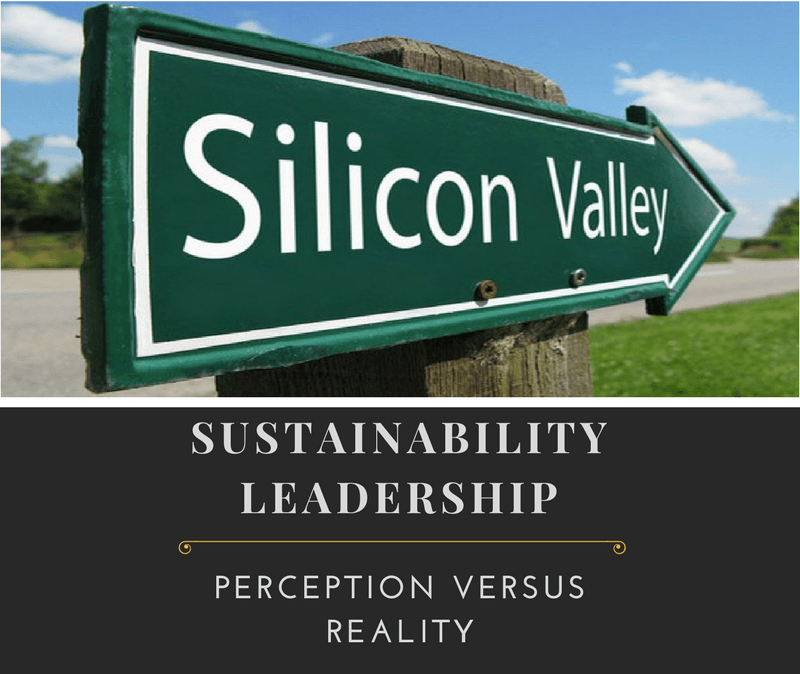Nikos Avlonas
Adjunct Professor Sustainability, DePaul University (Chicago)
Founder and President CSE
Over the last few years we’ve seen sustainability climb the corporate ladder, to the point where many companies have put it at the heart of their business strategy.
Here are several corporate sustainability trends to watch out for in 2017:
-
Climate Change and Paris Agreement COP21 and next steps
 Climate change has been on the agenda for many decades, with awareness steadily growing but with no significant commitments. Yet in 2015 a bold new agreement was signed in Paris, which sets out a global action plan to put the world on track to avoid dangerous climate change by limiting global warming to well below 2°C. Paris agreement (COP21) was adopted and signed by 195 countries, including USA and China – the world’s biggest polluters and two countries traditionally reluctant to make commitments on the climate change front. The EU was the first major economy to submit its intended contribution to the new agreement in March 2015. It is already taking steps to implement its target to reduce emissions by at least 40% by 2030.
Climate change has been on the agenda for many decades, with awareness steadily growing but with no significant commitments. Yet in 2015 a bold new agreement was signed in Paris, which sets out a global action plan to put the world on track to avoid dangerous climate change by limiting global warming to well below 2°C. Paris agreement (COP21) was adopted and signed by 195 countries, including USA and China – the world’s biggest polluters and two countries traditionally reluctant to make commitments on the climate change front. The EU was the first major economy to submit its intended contribution to the new agreement in March 2015. It is already taking steps to implement its target to reduce emissions by at least 40% by 2030.
However without US approval the agreement can not been valid . Donald Trump has both promised to withdraw from US commitments and said he’ll keep an “open mind”. Key appointees could dismantle legislative, regulatory and physical infrastructure conducive to COP21. Secretary of State nominee Rex Tillerson, ExxonMobil CEO, has controversial views toward climate change, as does EPA nominee Scott Pruitt, with stated preference for state’s authority. The Good news are that already the US payment to the U.N. Green Climate Fund was approved for the second year in a row a few days ago. (The US committed to transferring $3bn to the fund)
-
The evolution of Sustainability Reporting
As the importance of sustainability continues to rise for companies around the world, demands for accountability are growing stronger. The Global Reporting Initiative (GRI) has published an analysis paper titled ‘Sustainability and Reporting Trends in 2025: Preparing for the Future’. The paper, which is the first to be published as part of GRI’s 2025 Reporting Project, examines future trends in sustainability and corporate reporting and disclosure. GRI’s Reporting 2025 paper identifies several trends that indicate how disclosure will evolve in the next decade. Some of these trends include:
- Companies will be held accountable, more than ever before
- Business decision makers will take sustainability issues into account more profoundly
- Stakeholders will have more access to data, which will require organizations to align real-time decision-making processes with their communication on issues such as climate change
- New data technology will lead to greater transparency with corporate reporting moving fully into the digital realm and occurring in real-time instead of annually. etc
-
The rise of CFO’s role in sustainability
Historically, Chief Financial Officers (CFOs) were not deeply or directly engaged in sustainability efforts, viewing them as too soft or not in their purview. In a survey conducted by Ernst&Young and GreenBiz Group, 65 % of companies stated their CFO has become involved in sustainability. One key reason for growing CFO involvement is the growing scrutiny of company sustainability issues by equity analysts. The growth of integrated corporate reports, in which sustainability data is reported alongside traditional financial reporting data emerging trend in business, will further engage CFOs in sustainability.
-
Greenhouse gas reporting will remain strong, with growing interest in water
Climate change has become a strategic concern at many companies, despite a lack of US regulatory requirements to measure, manage or report emissions. According to Water Disclosure Global Report 2014, 76 % of companies publicly report their greenhouse gas emissions; another 16% said they plan to do so within five years.
The report also states that the interest in reporting on water is also on the rise, especially in water-intensive industries such as metals and mining, oil and gas, chemicals, agriculture, power and utilities, and food and beverage. 62% of respondents publicly report their water usage. About one in six of those have their “water footprint” verified by an independent third party; 22% said they plan to do so within five years. Nearly 80% of companies see water issues as opportunities rather than a risk affecting business in the next five years. The opportunities range from the savings realized by using less water to potential new products and services.
-
Employees and investors will remain the key stakeholder group for sustainability programs and reporting
It is believed that company sustainability initiatives are driven principally by customers or investors and shareholders, and sometimes by NGO activist groups or regulatory agencies. The survey conducted by Ernst&Young and GreenBiz Group found that employees ranked as the second top stakeholder group in driving the company’s sustainability initiatives (cited by 22% of respondents), behind customers (37%) and ahead of shareholders (15%), policymakers (7%) and NGOs (7%).
The practice of employee education and engagement on sustainability has spread rapidly and evolved into a more institutionalized element of companies’ broad sustainability strategies. Companies use a wide range of tools to engage employees on sustainability, including “Treasure hunts”, Earth Day fairs, and employee award and recognition programs. The various tools and techniques for employee engagement will encourage employees to become a powerful voice in support of company sustainability messages. Additionally investors play a key role and request more transparency while ESG related ratings are becoming more demanding.
-
Many sustainability issues are at a tipping point
In many sustainability topics we have reached a tipping point. Businesses cannot afford not to act. They must recognize their impacts and implement comprehensive sustainability strategies to deal with them. The aforementioned COP21 and SGGs are prime examples of how all the important parties have ratified the agreement to tackle climate change
-
Need for unique sustainability strategies
Each company must come up with its own sustainability strategy. There isn’t a universal strategy that fits all companies. They must recognize their impacts, measure their performance and come up with innovative ways to create and enhance their strategies.
-
Growing need for transparency
Despite the selected path by each company, transparency ensures the successful application of the strategy. Transparency is ensured and enhanced by the use of frameworks, standards, guidelines and through external assurance
-
Consumers drive sustainability
Consumers and customers expect sustainability as a standard. They expect safe products, sustainably produced products, decent working conditions, products that are produced with the least impact to the environment and to natural resources.
Sustainability was an influential topic of the past few decades and it remains so today. The trends will only increase over the coming years, with more companies taking their own path when it comes to sustainability and, increasingly, using sustainability as a way to differentiate themselves from their competitors.
Corporate Sustainability is rising however not all companies and other organizations including Small Medium enterprises and NGOs are not fully aware on its importance and practical benefits. New legislation together with pressures from consumer groups, investors and others will potentially increase the awareness and need for more comprehensive Sustainability Strategies




 Climate change has been on the agenda for many decades, with awareness steadily growing but with no significant commitments. Yet in 2015 a bold new agreement was signed in Paris, which sets out a global action plan to put the world on track to avoid dangerous climate change by limiting global warming to well below 2°C. Paris agreement (COP21) was adopted and signed by 195 countries, including USA and China – the world’s biggest polluters and two countries traditionally reluctant to make commitments on the climate change front. The EU was the first major economy to submit its intended contribution to the new agreement in March 2015. It is already taking steps to implement its target to reduce emissions by at least 40% by 2030.
Climate change has been on the agenda for many decades, with awareness steadily growing but with no significant commitments. Yet in 2015 a bold new agreement was signed in Paris, which sets out a global action plan to put the world on track to avoid dangerous climate change by limiting global warming to well below 2°C. Paris agreement (COP21) was adopted and signed by 195 countries, including USA and China – the world’s biggest polluters and two countries traditionally reluctant to make commitments on the climate change front. The EU was the first major economy to submit its intended contribution to the new agreement in March 2015. It is already taking steps to implement its target to reduce emissions by at least 40% by 2030.

 By Rosalinda Sanquiche, CSE North America
By Rosalinda Sanquiche, CSE North America
 To learn all about successful sustainability reporting, GRI Guidelines, current global and local legislation, recent trends and external assurance, join now the Certified Sustainability Practitioner Program, Advanced Edition 2016 in Houston, February 23-24
To learn all about successful sustainability reporting, GRI Guidelines, current global and local legislation, recent trends and external assurance, join now the Certified Sustainability Practitioner Program, Advanced Edition 2016 in Houston, February 23-24
